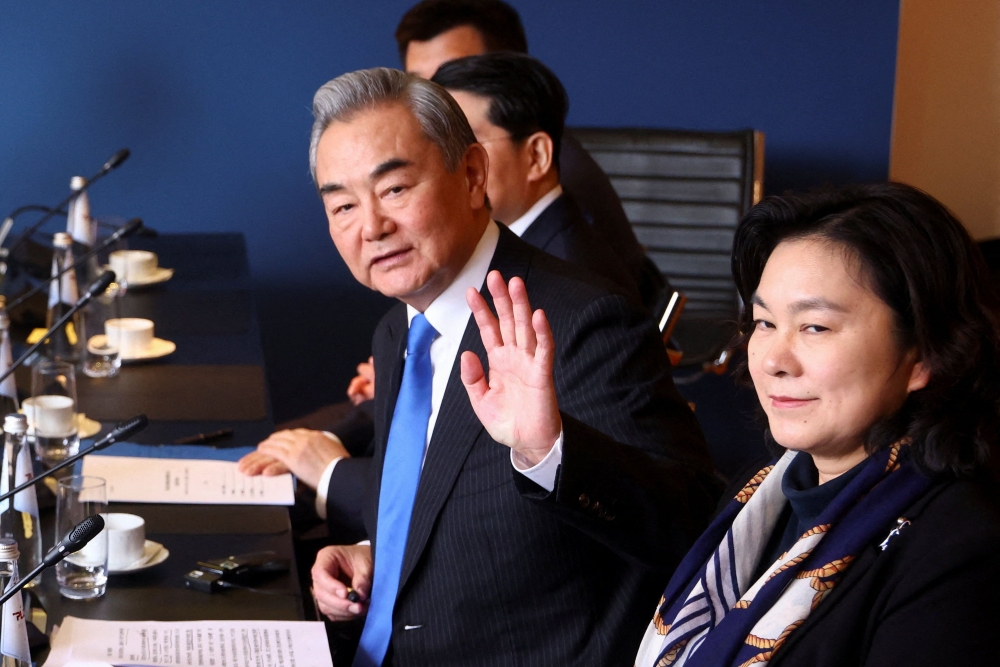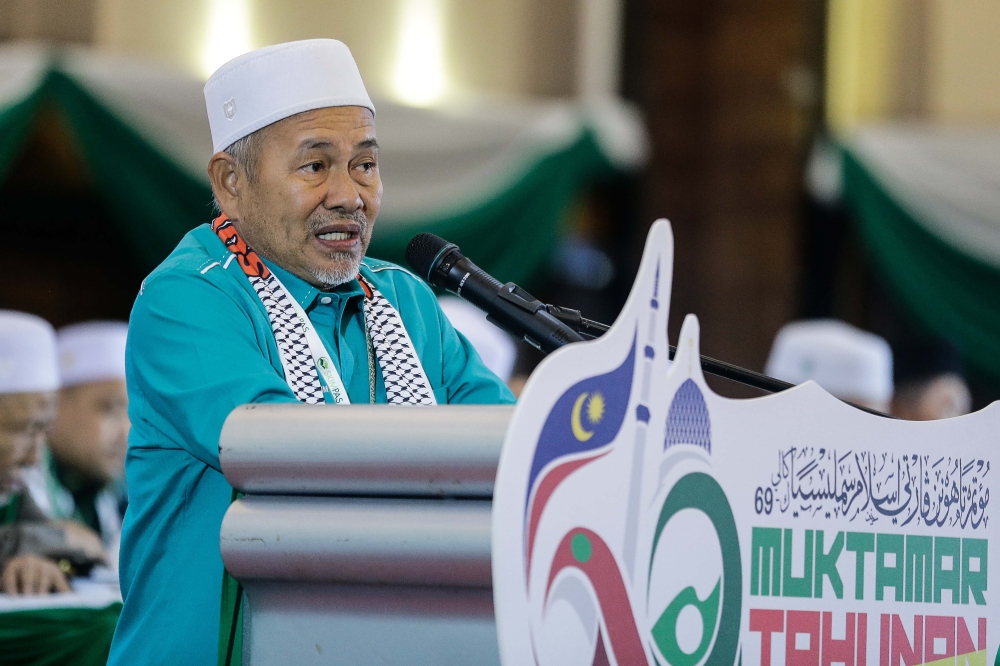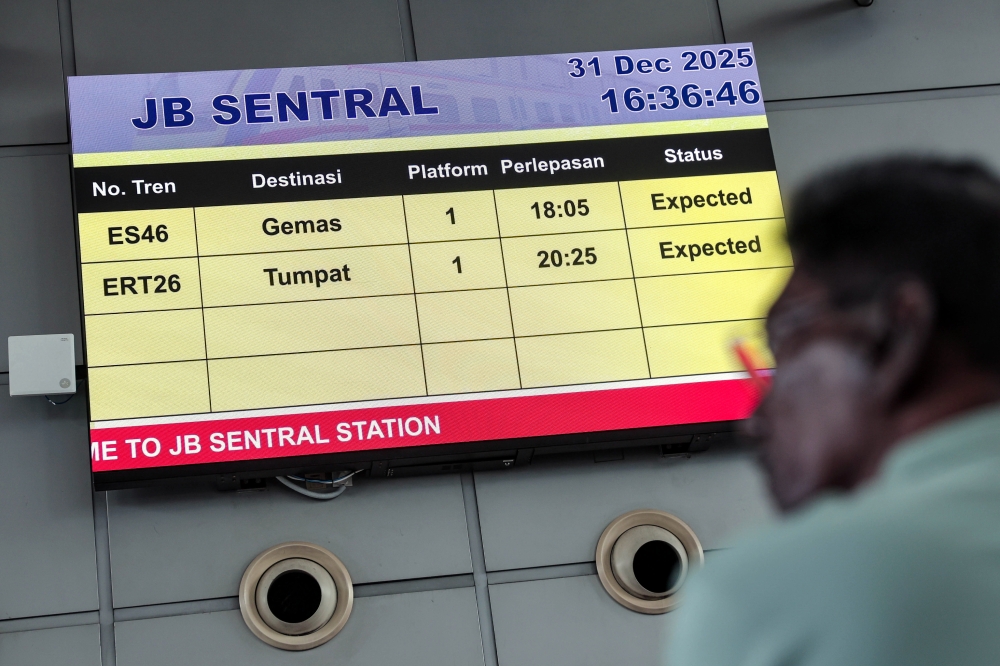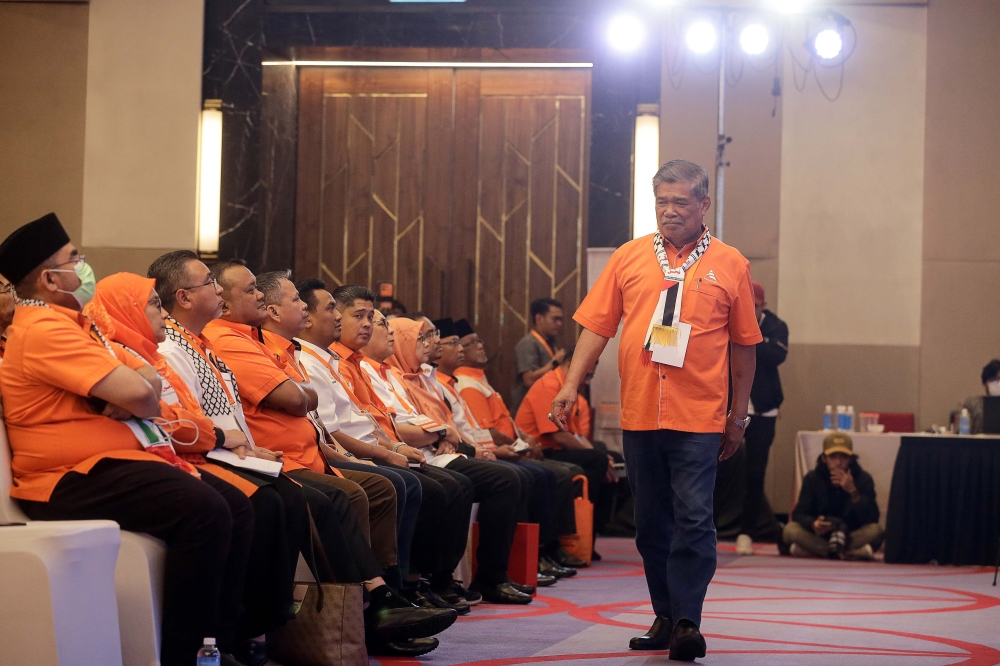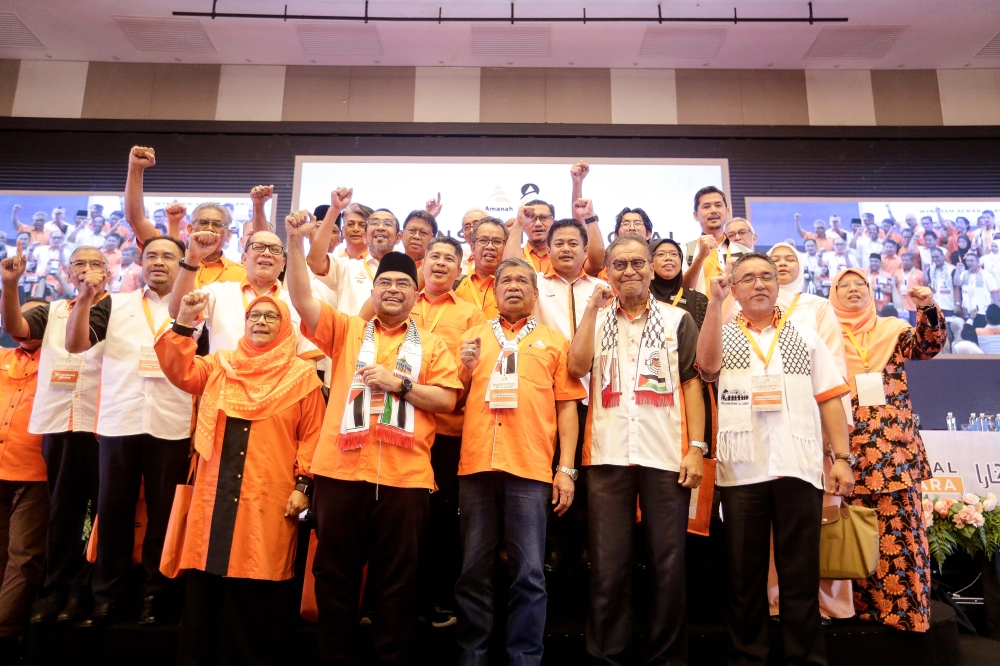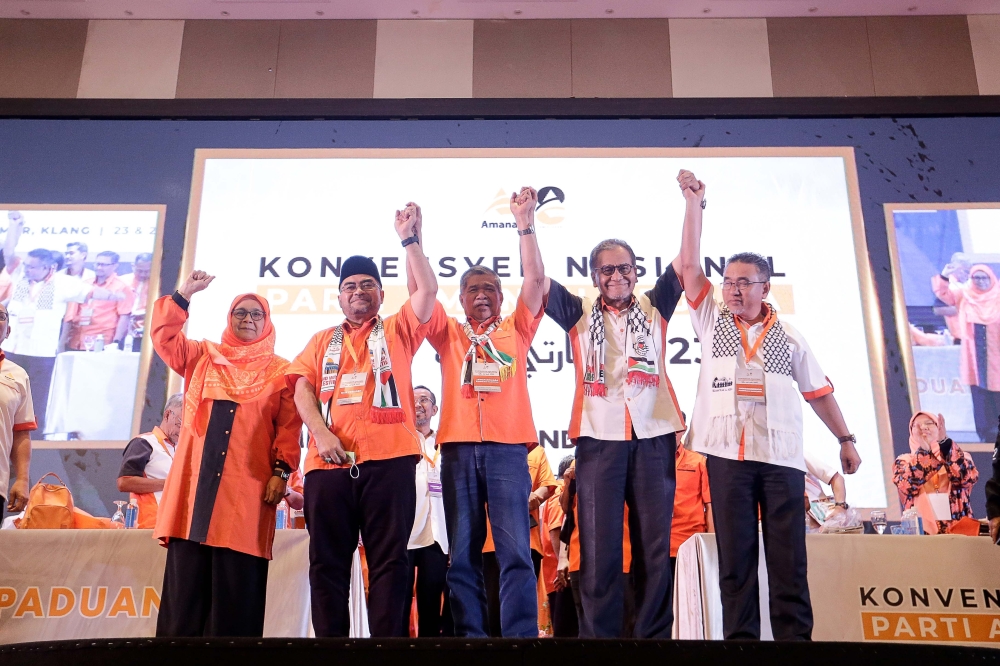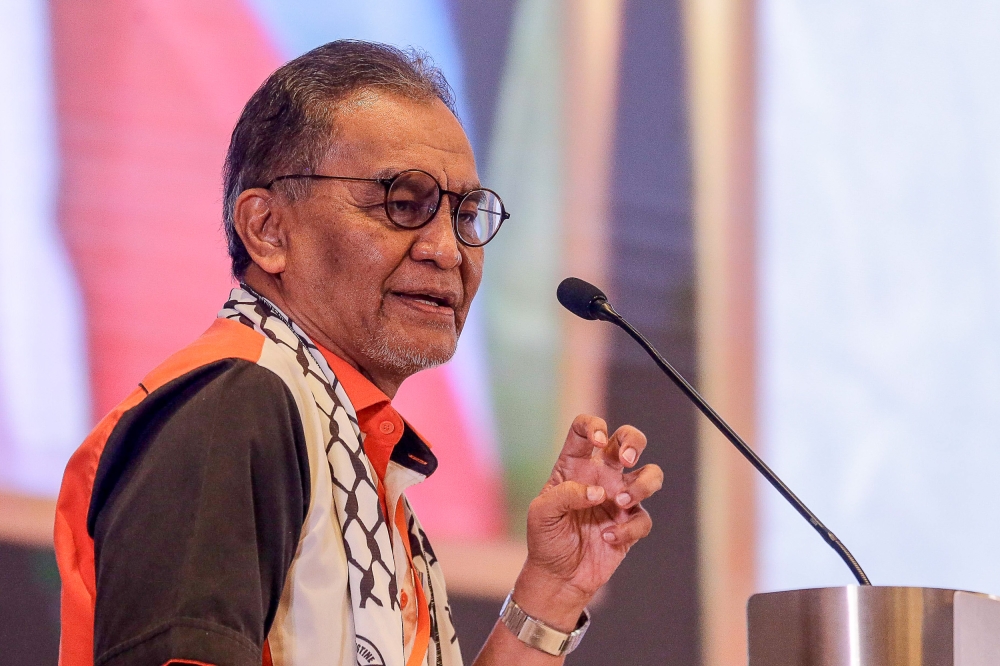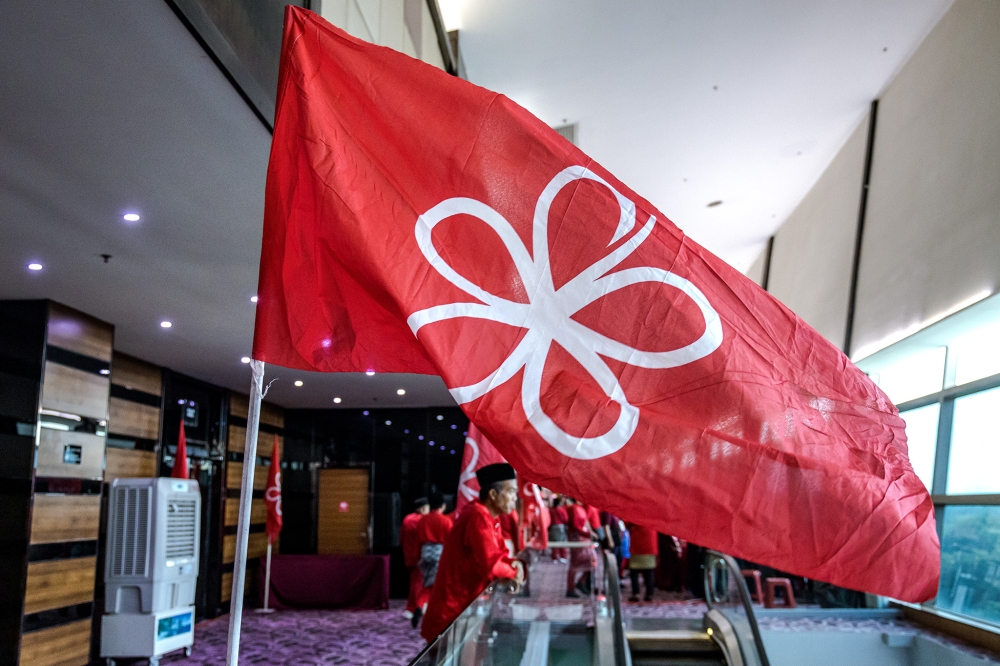KUALA LUMPUR, Dec 28 — Despite ranking eighth during the recent internal election for Parti Amanah Negara, several political analysts polled by Malay Mail said this did not signify the party’s rejection of Datuk Seri Mohamad Sabu who will close out his third term as president.
Speaking to Malay Mail, they also said that Datuk Seri Dzulkefly Ahmad and Khalid Samad’s emergence as the top two most popular Amanah leaders may be down to the party’s automatic re-election of its top leadership rather than the likelihood of them being preferred over the man known as Mat Sabu.
“I believe that in parties where delegates vote only for central committee members, and these members subsequently decide among themselves the top positions, the relative ranking in terms of votes garnered may not necessarily reflect their popularity or suitability to lead the party.
“It could be that some delegates thought the top leaders would automatically be re-elected, and therefore, their votes are focused on supporting their favourite alternatives,” Singapore Institute of International Affairs senior fellow Oh Ei Sun told Malay Mail.
Oh compared this to DAP’s central executive committee as well, pointing out that its chairman Lim Guan Eng and secretary-general Anthony Loke also did not end up at the top in the last party election.
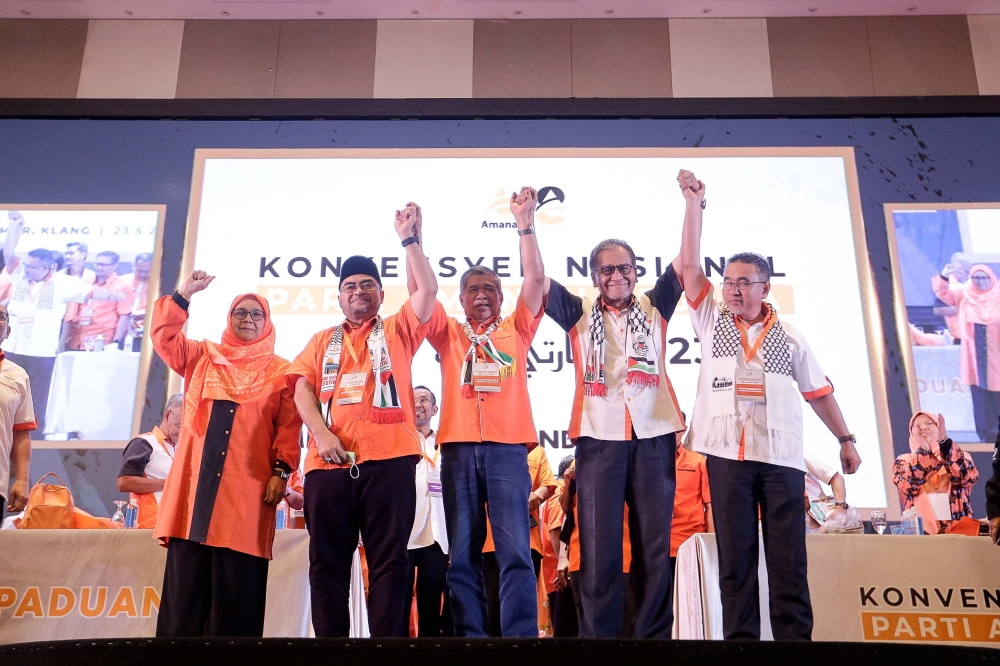
Syaza Shukri, assistant professor of political science at International Islamic University Malaysia, said while the strong support for Dzulkefly and Khalid reflected delegates’ confidence in their leadership skills based on their past performance, it did not necessarily show a lack of confidence in Mohamad.
She also said that this suggested that party members are seeking more robust individuals capable of handling the challenges associated with leadership positions.
“I don’t think it is necessarily a loss of confidence in Mat Sabu but rather a sign that people are ready for a change, a new direction.
“We are already familiar with Amanah under Mat Sabu’s leadership, so it is time to explore new leadership,” she said when contacted.
She then went on to say that it was also a clear signal that Amanah is not short of credible leaders which also indicates a positive indicator of a well-defined succession plan.
She added that Mat Sabu, while perceived as a conciliatory figure, may not entirely align with Amanah’s vision of carving a distinctive path that is clear about the party’s objectives.
“I think the thing with Mat Sabu is that he is perceived as a conciliatory figure, but Amanah aims to chart a clear path that defines the party independently of Pakatan Harapan (PH).
“The reappointment of Mat Sabu might be somewhat disappointing to some. However, I think we can view the next three years as a transition period, considering that this will undoubtedly be his last term,” Syaza said.
In contrast, Universiti Teknologi Mara political analyst Abdul Aziz Azizan suggested that the outcome of the elections suggests that the backing and favourability toward Mohamad might not be as positive, indicating a possible period of transition for the party.
At the grassroots level, he said, there seems to be momentum for fresh aspirations in the primary leadership lineup.
“Furthermore, the results indicate that the support and popularity of Mat Sabu are not particularly favourable.
“This somewhat signals that the party is in transition and there may be a force at the grassroots level to see new aspirations in the main leadership lineup of the party,” he told Malay Mail.
Speaking on the appointment of Datuk Seri Mujahid Yusof Rawa as the party’s deputy president, he characterised it as a tactical decision to introduce fresh viewpoints and enhance the party’s strength.
“Mujahid is not a newcomer, I believe he is the right and best individual to assume the number two position in the party. His appointment will offer a fresh perspective and fortify the party, providing the public with insight into the leadership direction and aspirations that the party aims to pursue in the coming years.
“Alongside him, Dzulkefly is also a highly popular candidate. I believe the combination of their positions is a strategic move to balance power within the party and responsibilities within the government,” he added.
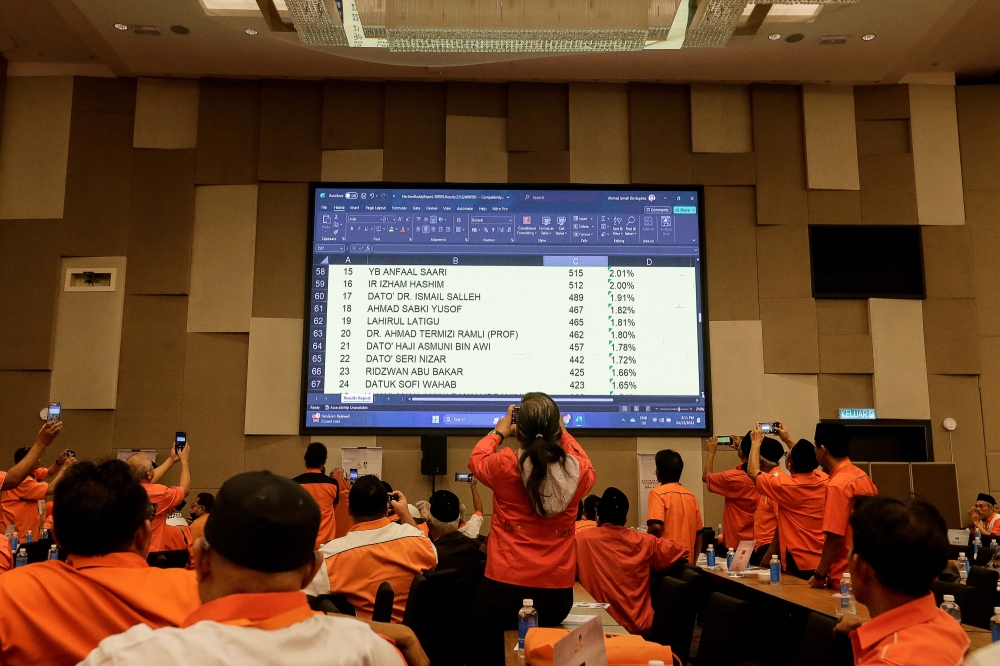
During Parti Amanah Negara’s 2023 National Convention last weekend, outgoing party strategy director Dzulkefy ranked the highest in the party election with 900 votes, followed by communications director Khalid Samad, who gained one less vote than the health minister.
Shah Alam MP Azli Yusof ranked third with 755 votes, while outgoing vice-presidents Mujahid (699) and Datuk Mahfuz Omar (694) came fourth and fifth respectively.
Mohamad Sabu ranked eighth on the list with 613 votes, but was re-appointed as president for the third and final term.
Mujahid was appointed as the new deputy president after the position became vacant following the passing of Datuk Seri Salahuddin Ayub in July.
The three vice-presidents appointed alongside Mujahid are Dzulkefly, Seri Serdang state assemblyman Dr Siti Mariah Mahmud, and deputy defence minister Adly Zahari.






